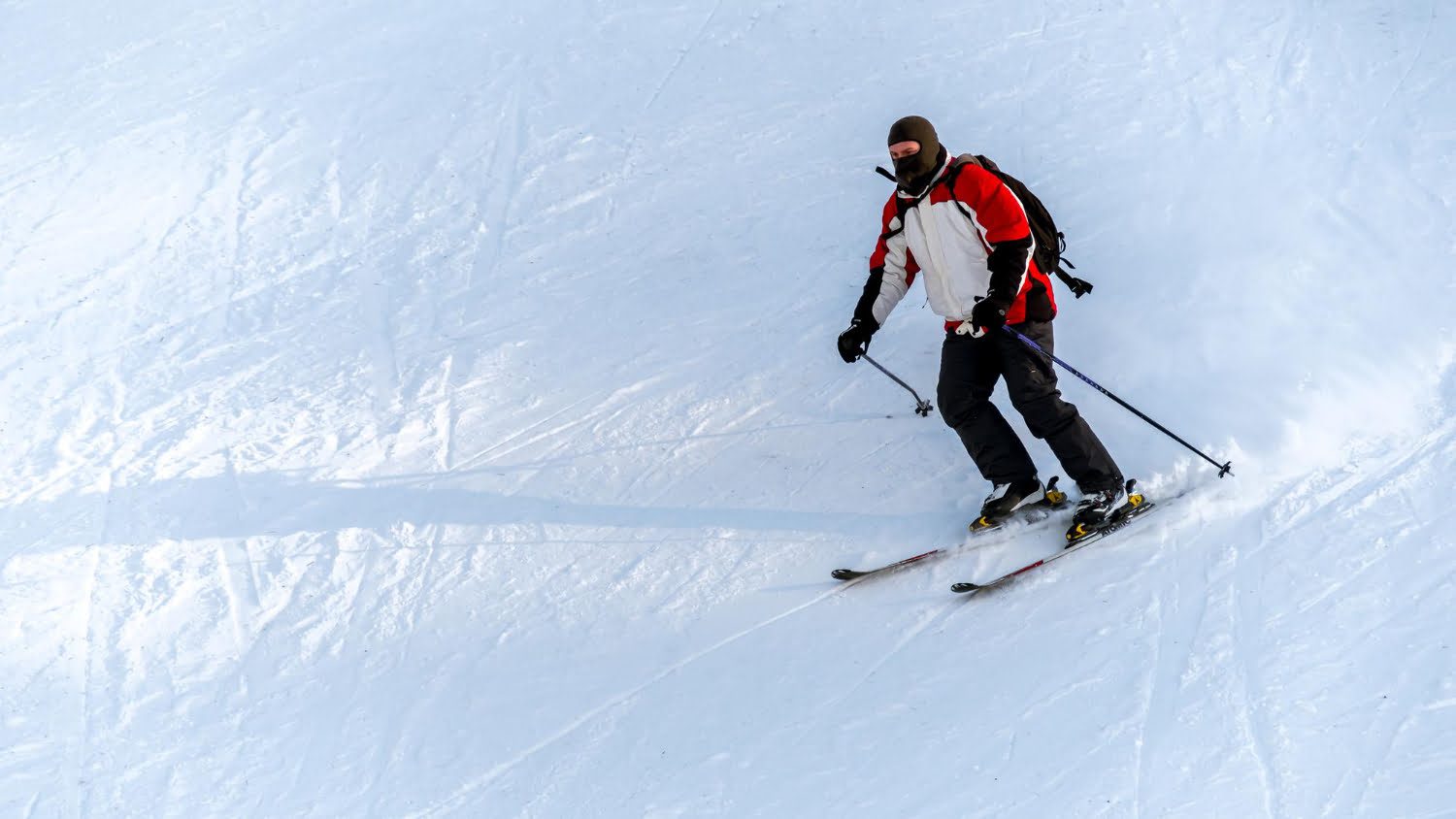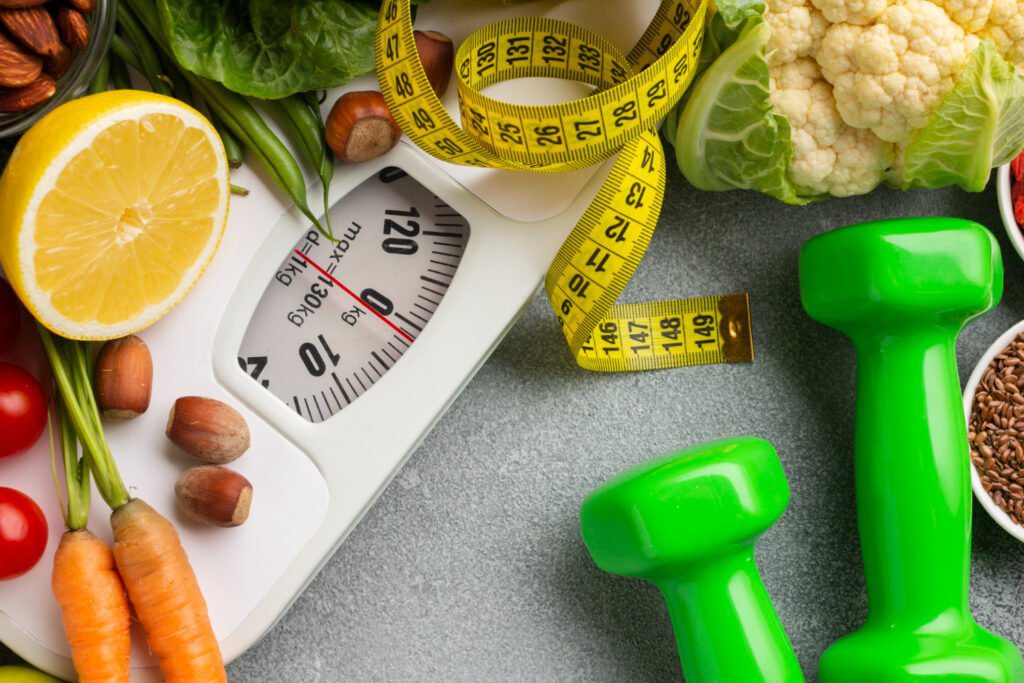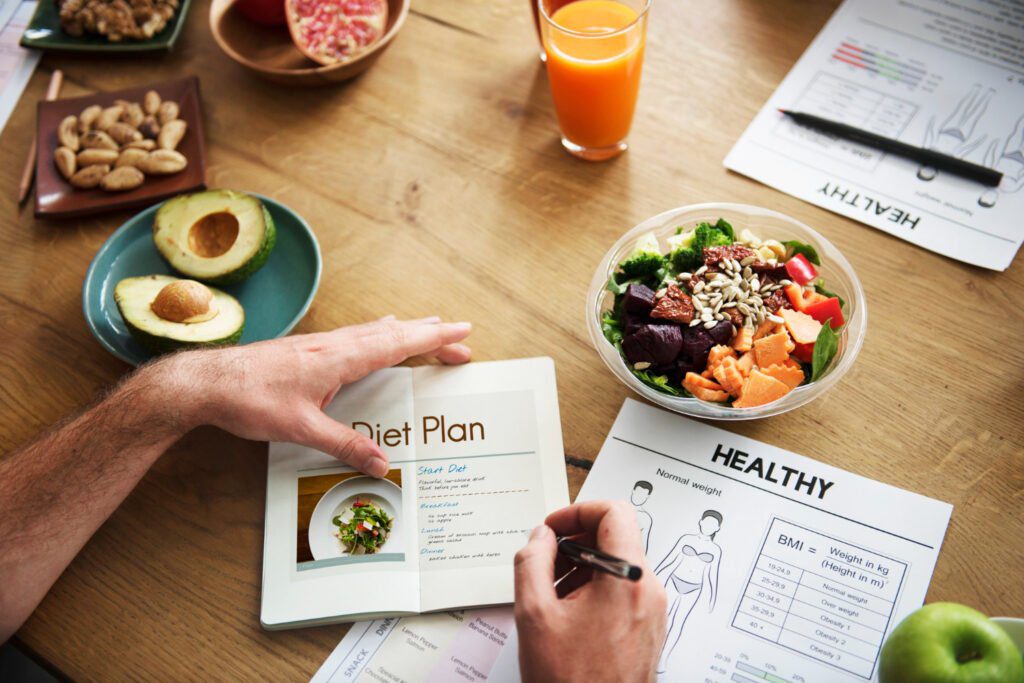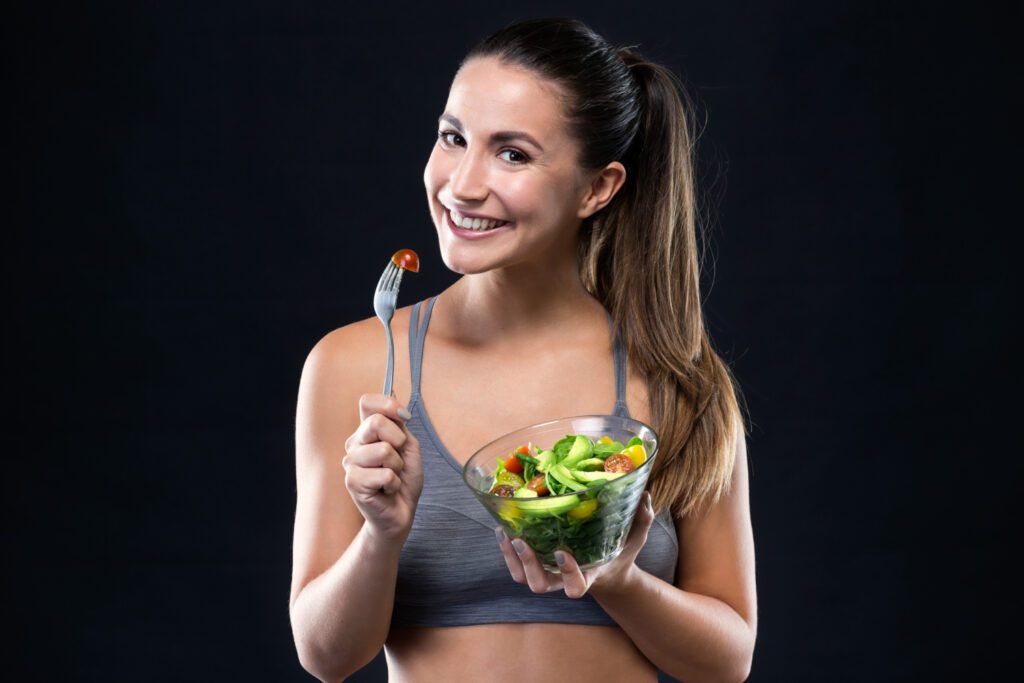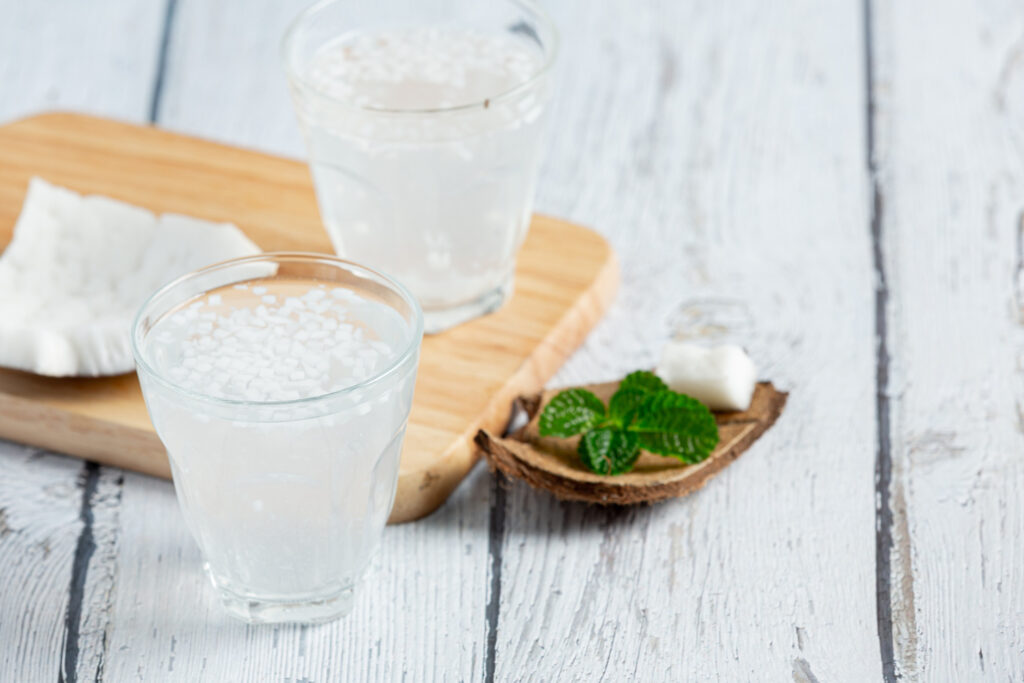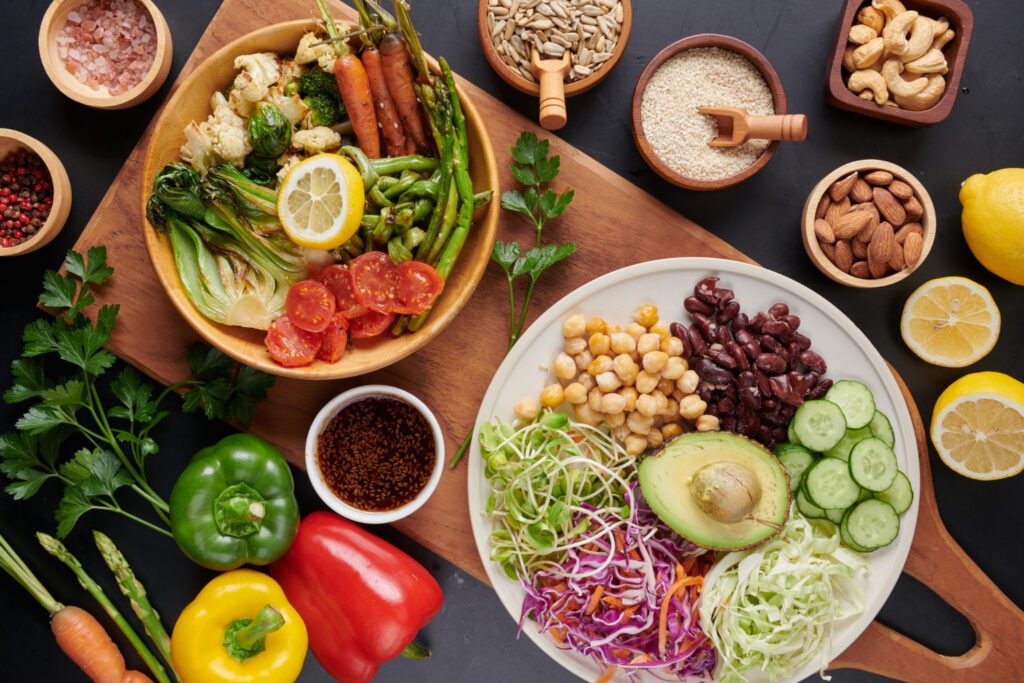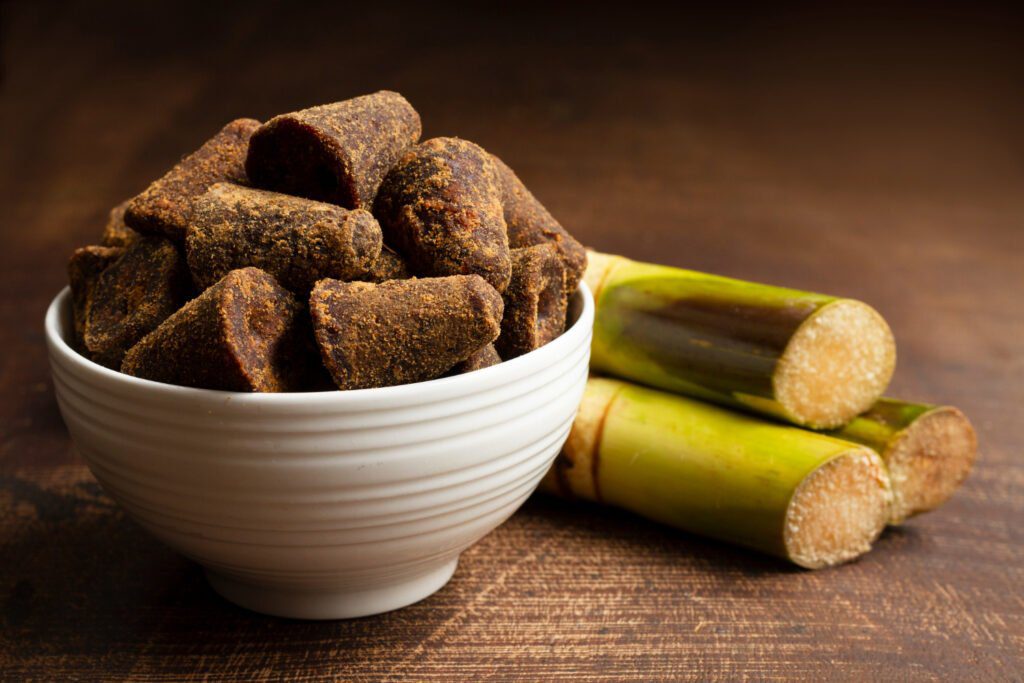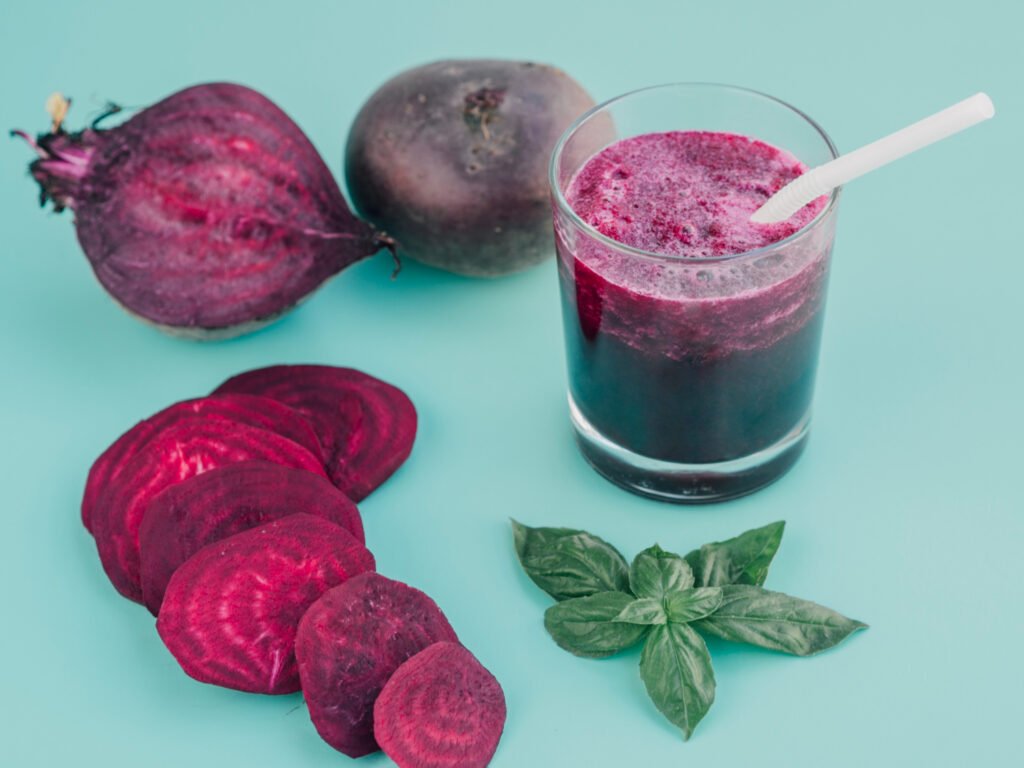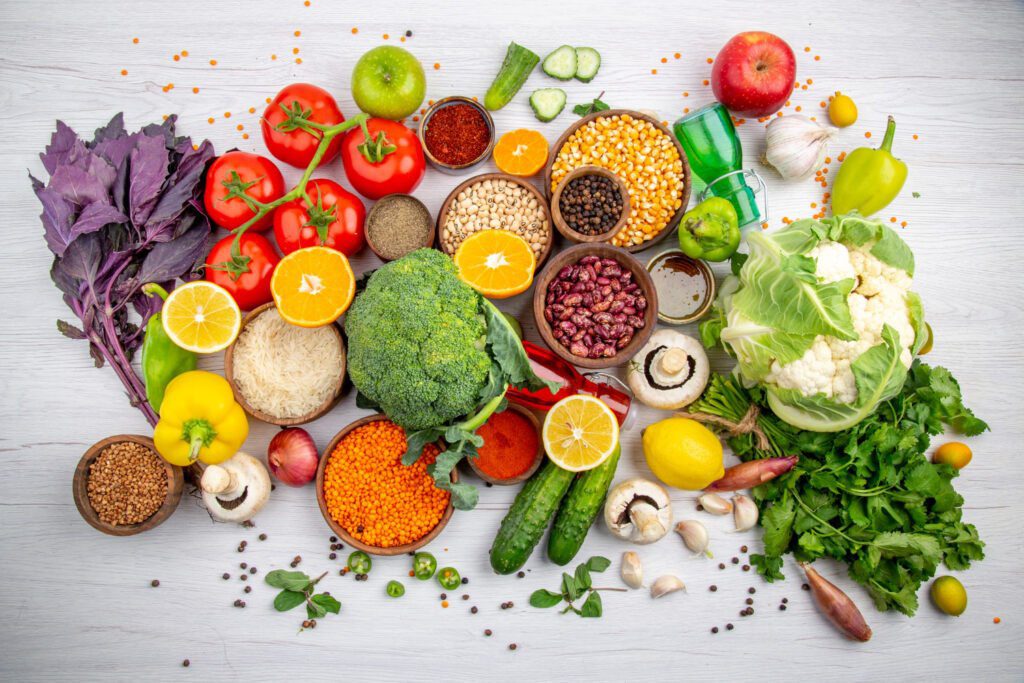When we go skiing, we tend to forget about nutrition.
We have breakfast first thing in the morning to take advantage of the piste schedule and we put a bar and a bag of water in our backpack to kill the itch and hydrate ourselves halfway through the piste.
It’s normal, there are so few opportunities to enjoy the snow that who thinks about wasting time eating? But skiing is very demanding, it not only consists of sliding with more or less grace down the slope, we work with muscles that are not used to maintaining the balanced posture that skiing requires, for many hours.
During skiing the conditions are completely different from other types of sports, the factors that most influence are the altitude , the temperature on the one hand, and the duration and intensity of the effort on the other . All these factors make hydration the number one priority for a skier, and not only with water, we must drink liquids with salts to replace the salts lost in sweat and that we often do not notice due to the cold or technical clothing that we wear now is so good that it keeps us dry, but that doesn’t mean we haven’t sweated.
In addition to water with salts, energy drinks are a good idea because they provide carbohydrates with vitamins and minerals, thus we regain energy and avoid the fatigue of a morning of 4-5 hours without stopping. By drinking this type of energy drink, you have 3×1: hydration, remineralization and glucose replacement. And nothing better than carrying a bottle on your back to take advantage of lifts and stops to drink without having to stop and cool down.
What to Eat When You Go Skiing? Recommendations and Menu.
Normally it is recommended that any sports person eat 5 meals a day, or follow the rule of not letting more than 3 hours go by without eating something, even if it is a piece of fruit or a bar. In skiing this rule is complicated, but you can continue getting into it. the hydration backpack or in the multiple pockets of the ski jackets, fruits such as tangerines, banana, some nuts, a chocolate bar with cereal or some raisins. Eating every 3 hours even if you are not hungry is appreciated when you go skiing, it delays fatigue, maintains concentration and good humor and avoids injuries due to fatigue.
To Eat or Not to Eat at Noon?
It depends.
The lucky people who live near a ski resort usually ski first thing in the morning, with good, fresh snow and go home to eat quietly, but those of us who don’t have the snow so close at hand usually take advantage of all the hours on the slopes, until they kick us out, so there is not much time to eat well, but now that I am going skiing as a family, I have discovered the advantages of stopping at midday to eat in one of the restaurants there are. in the middle of the seasons.
It is true that you pay a little more, but the views are spectacular, there is not much gastronomic offer, but a warm broth, a plate of chips with cheese, is something to share, and don’t forget to drink. Whatever you order plus what you have in your backpack, you get enough for a light meal. It is worth stopping for half an hour. You can also calmly go to the bathroom and it is appreciated to loosen your boots and put on sun cream without rushing.
My experience is that a small stop to eat something light does not leave you with the feeling of ‘full stomach’ and ‘wanting to take a nap’, on the contrary, it is good to rest your muscles and joints and return to the slopes to do more descents. relaxed, when there is more danger of injury, since the snow is no longer so good and the bathtubs begin to turn into little mountains at the last minute.
It all depends on the plan you have, if you are a ‘track burner’, it is better to carry food in your pockets to eat and stop at midday to stretch your legs, rest for half an hour and drink or have a light hot snack (sandwich, soup , cover, etc.) to continue crushing the clues until the last minute. And if you are a ‘view-lover’, ski hard in the morning with the best snow, stop to eat well for an hour, enjoy a good hot meal and a little time to chat and rest in the sun of the resort and then go down without pressure. It all depends on the weather and your vacation time.
Tips for Eating While Skiing.
- Whenever you can, opt for natural, non-packaged foods that you can prepare at home and store wrapped in transparent paper or zip-top bags to close tightly and carry in your pockets.
- Include proteins in each of the main meals, not just carbohydrates, and season with healthy fats such as olive oil to give flavor to the food and prevent it from being dry.
- Carry small snacks such as natural unroasted or unsalted nuts, dark chocolate and fruit in your pockets
- Always load liquid, either water with juices or tea with honey, or energy drinks and refill as you finish the bottle or container.
Example of a Diet Day for a Ski Day.
- Skier breakfast : It has to be strong with 25-30% of daily calories.
For example : Coffee or tea, fresh orange juice, bowl with 2 natural yogurts with muesli cereals, honey, nuts and raisins and an apple.
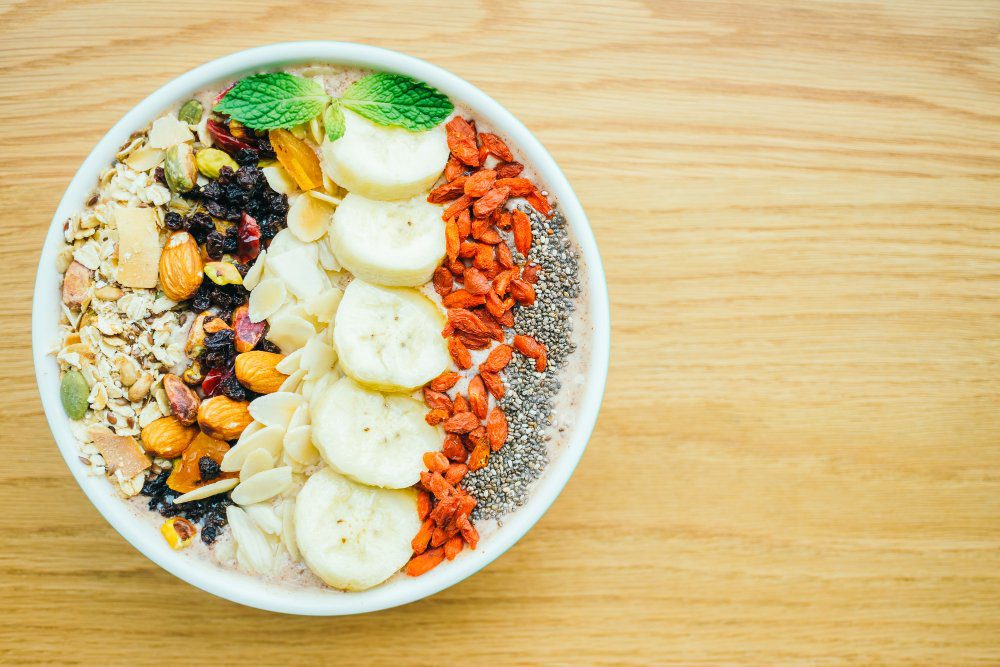
- Midday : Better a light meal with a hot drink.
For example : A glass of hot tea, 1 sandwich of cereal bread with natural tomato and serrano ham with olive oil and a banana or other fruit.
- Dinner : It should be strong, 25-30% of the daily calories, and early. After exercise you have to replenish the glycogen and amino acids that your muscles require to be prepared for the next day. Don’t let a long time go by without eating when you finish training, have a snack before showering, stretch and then have dinner early to rest well.
For example : a plate of sautéed rice with vegetables (garlic, onion, leeks, carrots, peppers, etc.) and a grilled chicken breast with natural tomato salad with olive oil dressing. A yogurt for dessert.
Also Read: Is it Healthy to Eat Sprouts Every Day?
Important:
- Snacks to carry in pockets and backpacks such as fruit (bananas, apples, tangerines, oranges), unsalted or roasted nuts, raisins or dried fruits, energy bars, dark chocolate, etc.
- Hydration : Carry water with salts in your hydration backpack. You can also make a homemade energy drink with tea, honey, fresh lemon juice and a little salt and baking soda.
- And before going to sleep , nothing better than a glass of milk with cocoa and a couple of cookies, a perfect mix of antioxidants, carbohydrates, fats and proteins to help muscles replenish during the night.
- CAUTION: Alcohol and skiing. Don’t mix as long as the Saint Bernard dog doesn’t give it to you!
Not only are you going to ski making bad ‘S’s, alcohol causes dehydration and worsens hypothermia, it is true that high-proof alcoholic beverages are a source of calories that heat the body, but if you are going to continue skiing… forget about alcohol .
How we reviewed this article:
Our team of experts is always monitoring the health and wellness field, ensuring that our articles are updated promptly as new information emerges. See Our Editorial Process
May 13, 2025
Written By: Rosanne Rust
Reviewed By: Corissa S.
Written By: Rosanne Rust
Reviewed By: Corissa S.

 Workout
Workout
 Meditation
Meditation





 Contact Us
Contact Us

